|
Nicole Newnham and Jim LeBrecht directed film about 'one of the great civil rights stories in American history' In 1971 an experimental theater group brought cameras to Camp Jened in upstate New York, capturing a unique place where young people with disabilities could come and be themselves, or find themselves. It took almost 50 years for that footage to reach a wider audience, but it finally does in the new Netflix documentary Crip Camp. The film directed by Nicole Newnham and Jim LeBrecht not only reveals the tremendous impact of the camp on the lives of those who attended, but how ex-campers became essential in the birth of the disability rights movement. LeBrecht, who was born with spina bifida, first attended Camp Jened in 1970. "The ethos [at Jened] was what was really going on at that time and place in America and especially all the different liberation movements that were going on and feeling like we could change the world if we just loved one another," LeBrecht tells Nonfictionfilm.com. "It rubbed off on the camp, the people that worked there. [The attitude was] we weren't disposable... It was truly revolutionary." Somebody said, 'You might actually smoke dope with the counselors' and it's like, 'Okay, I'm in.' "What we wanted to do was provide the kind of environment where teenagers could be teenagers, without all the stereotypes and labels," Jened's program director Larry Allison comments in archive footage in the film. "It was the first time in my life that I felt like I wasn't a burden, that I had real freedom, that it wasn't hard for me to get around and that I was one of the cool kids," LeBrecht told me at the world premiere of the film at Sundance. "And that really hadn't been my experience at home. And I also found my community in the sense of disability as my culture." LeBrecht told me he went to a different camp for disabled kids in 1969, but then friends let him know about the vibe at Jened. "They told me these stories, 'Oh yeah, you're in a bunk with these counselors and we're up nearly half the night,'" he recalls. "Somebody said, 'You might actually smoke dope with the counselors' and it's like, 'Okay, I'm in.'" One of the camp counselors at Jened was a young woman with polio, Judy Heumann. She took a democratic and inclusive approach to camp life, making sure campers felt seen and heard. "I didn't want to sideline anybody," she notes in Crip Camp. Even at age 23 Heumann projected empowerment, refusing to accept second class status for herself or other disabled people. That bold attitude proved deeply inspiring for campers, including LeBrecht. "Meeting Judy, as for many people, was a life-changing event and I just really had not had role models before," LeBrecht says. "There were a number of people at the camp who really provided that -- this sense that, 'Ohmygosh, we can fight back. There are rights to be fought for.'" Heumann went on from Jened to become a vital figure in the nascent disability rights movement. She successfully sued the State of New York 0ver a provision in state law that prevented the disabled from teaching school. Later, she was among the movement leaders who challenged the federal government for failing to enforce an anti-discrimination section of the 1972 Rehabilitation Act. More than half of Crip Camp is devoted to how the disabled rights movement took off through the work of many activists, including Heumann and others with a connection to Camp Jened. "It's that idea of a group of people coming together," Newnham says of the importance of Camp Jened, "sitting around a table, and sharing experiences and realizing they [have] a common experience of oppression. Judy calls it, 'Coming together to go apart.' It's like you have to come together and find your strength in each other and that commonality of shared experience and that community and that's what Jened provided that was such a strong springboard for the movement." The filmmakers acknowledge the title 'Crip Camp' has raised some eyebrows. "We really wanted to telegraph something of the kind of... punk spirit of the activists in the film and of the film itself," Newnham comments. "We also wanted to telegraph that the film is a story told from the inside out and that it's an insider's perspective and we felt like the title did that really powerfully." LeBrecht adds, "Certainly the pushback or concerns that we were hearing from some of the parties involved with the film, we just kind of turned it around and said, 'This really shows the edginess of the film and really sets it apart from anything else' and that also we're reclaiming this word and in fact this would be a powerful way to continue to do [that] if our film had the word 'crip' in the title." The title obviously didn't dissuade former President Barack Obama and Michelle Obama from lending support to the film. They came on board as executive producers of the documentary as part of the former first couple's production deal with Netflix (their initial documentary offering, American Factory, won the Oscar for Best Documentary Feature in February). "[They believe in] the power of grassroots activism, the idea of lifting up stories that don't always get the spotlight that they should," Newnham remarks. "It's a bipartisan story... At this moment in time, when there's so much divisiveness in the world, this story of people really coming together and trusting each other and loving each other and finding common cause and making a better world is a story that I'm really glad we're going to have this platform to tell." Video: Jim LeBrecht and Nicole Newnham at SundanceLeBrecht sees Crip Camp as defying the typical depiction of the disabled in mass media.
"Kind of what we see in media often is these 'overcoming tragedy' or what I call these 'super cripples' who did this incredible thing like climbing Everest,' LeBrecht observes. "I think if the entertainment industry realizes that our story is something that people are actually grabbing onto and are interested in then these other stories that have the ability to be developed [could] be heard." Adds LeBrecht, "Our film is a catalyst for people -- and is a not a hard way in -- to understanding people with disability and the lives that we lead. And I think the big hope is that it really reframes people's perceptions of what living with a disability is and how that kind of matches their own life and their own beliefs and prejudices they might have." |
AuthorMatthew Carey is a documentary filmmaker and journalist. His work has appeared on Deadline.com, CNN, CNN.com, TheWrap.com, NBCNews.com and in Documentary magazine. |
- Home
- News
- Videos
-
Galleries
- 2019 Tribeca Film Festival
- Full Frame Documentary Film Festival
- 2019 SXSW Film Festival
- SXSW 2018 Gallery
- 2019 Sundance Film Festival
- Outfest 2018 Photo Gallery
- Outfest 2017
- Sundance 2018 Photos
- 2017 LA Film Festival
- 2017 Cannes Film Festival
- Tribeca Film Festival 2017
- SXSW 2017 Gallery
- 2017 Berlin Film Festival
- Sundance 2017 Gallery
- 2016 Los Angeles Film Festival
- Cannes Film Festival 2016
- SXSW 2016 Gallery
- Berlinale 2016 Gallery
- Sundance 2016 Gallery
- Filmmaker Gallery
- About
- Contact
Proudly powered by Weebly
- Home
- News
- Videos
-
Galleries
- 2019 Tribeca Film Festival
- Full Frame Documentary Film Festival
- 2019 SXSW Film Festival
- SXSW 2018 Gallery
- 2019 Sundance Film Festival
- Outfest 2018 Photo Gallery
- Outfest 2017
- Sundance 2018 Photos
- 2017 LA Film Festival
- 2017 Cannes Film Festival
- Tribeca Film Festival 2017
- SXSW 2017 Gallery
- 2017 Berlin Film Festival
- Sundance 2017 Gallery
- 2016 Los Angeles Film Festival
- Cannes Film Festival 2016
- SXSW 2016 Gallery
- Berlinale 2016 Gallery
- Sundance 2016 Gallery
- Filmmaker Gallery
- About
- Contact

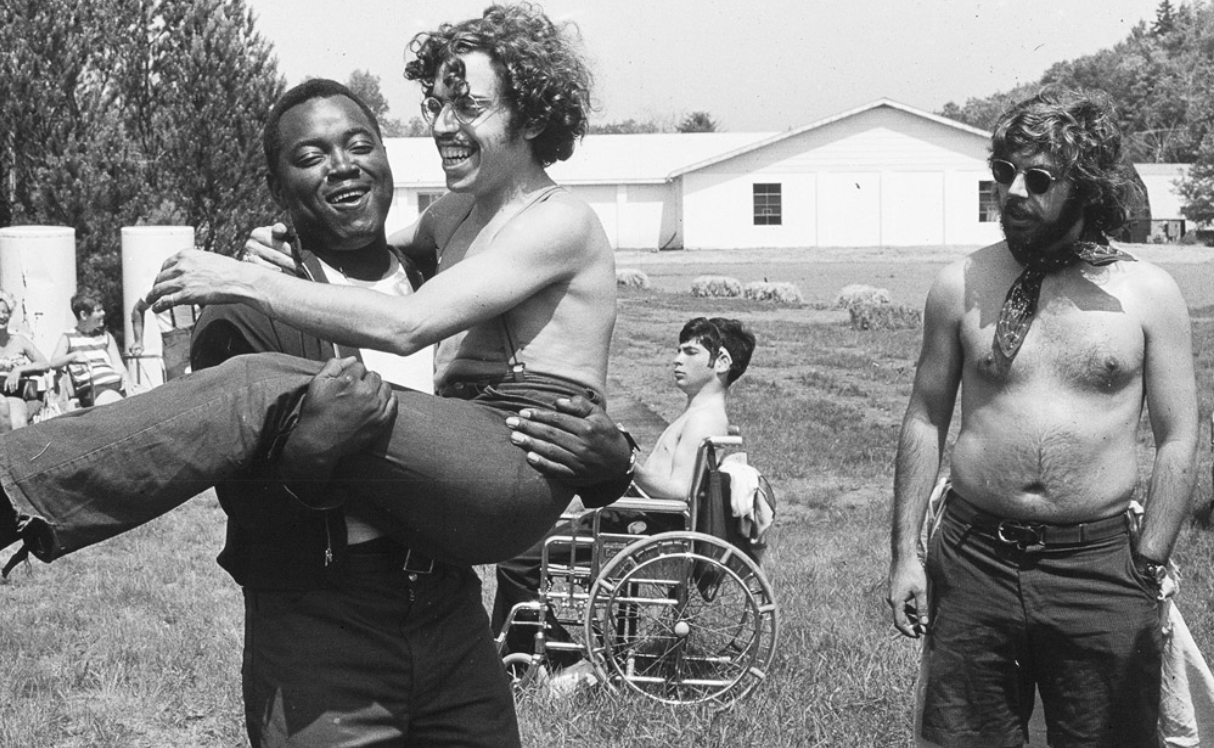
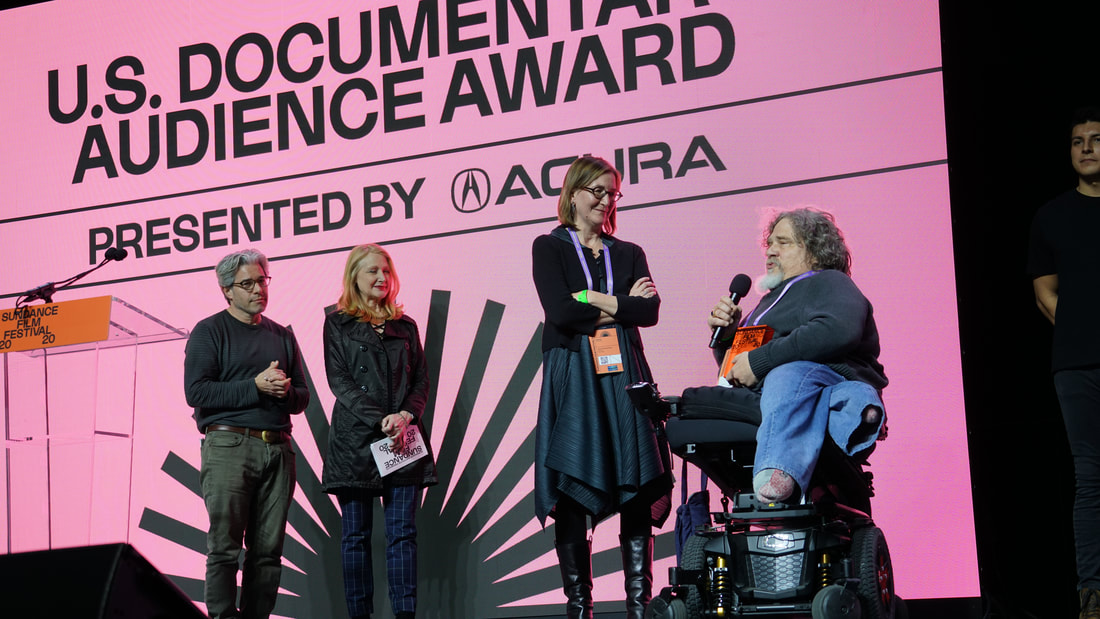
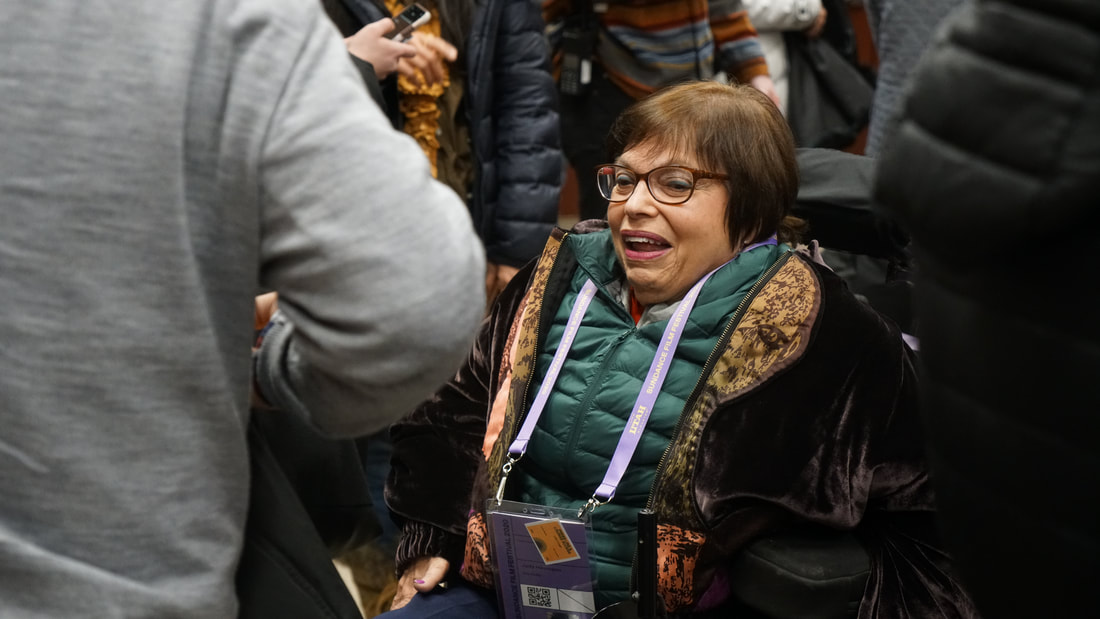
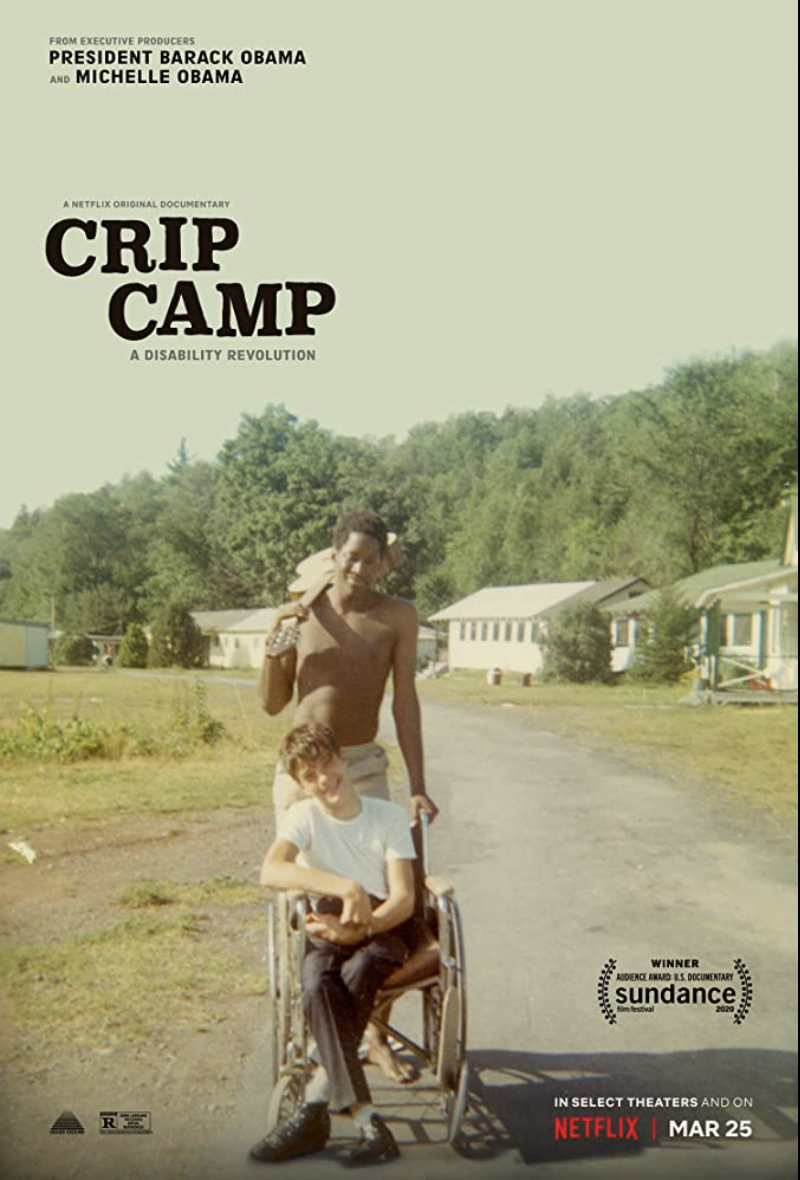
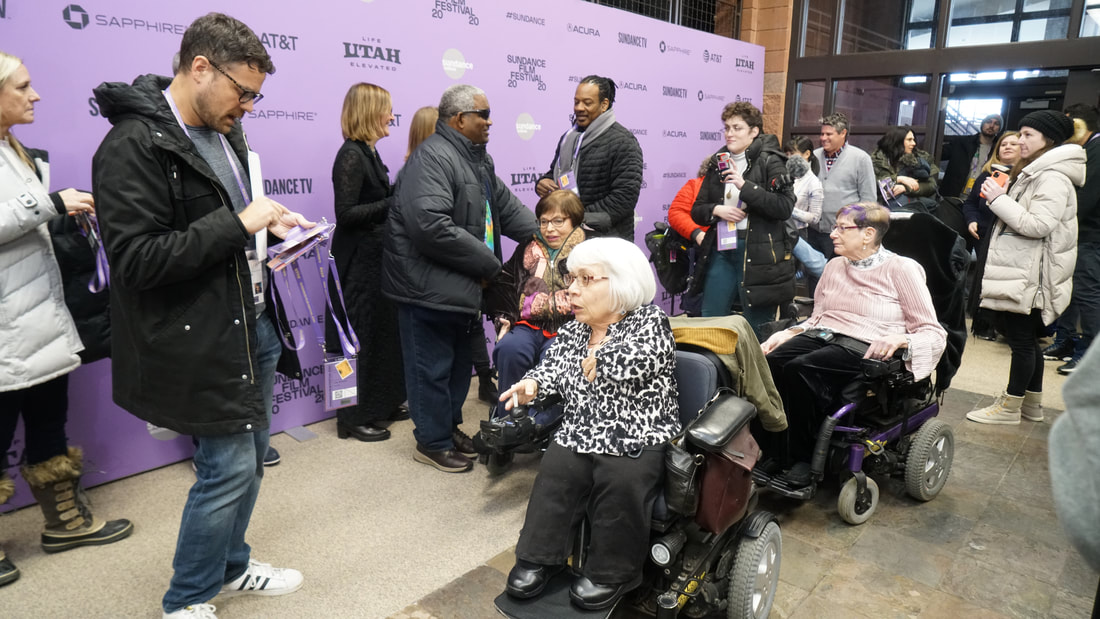
 RSS Feed
RSS Feed